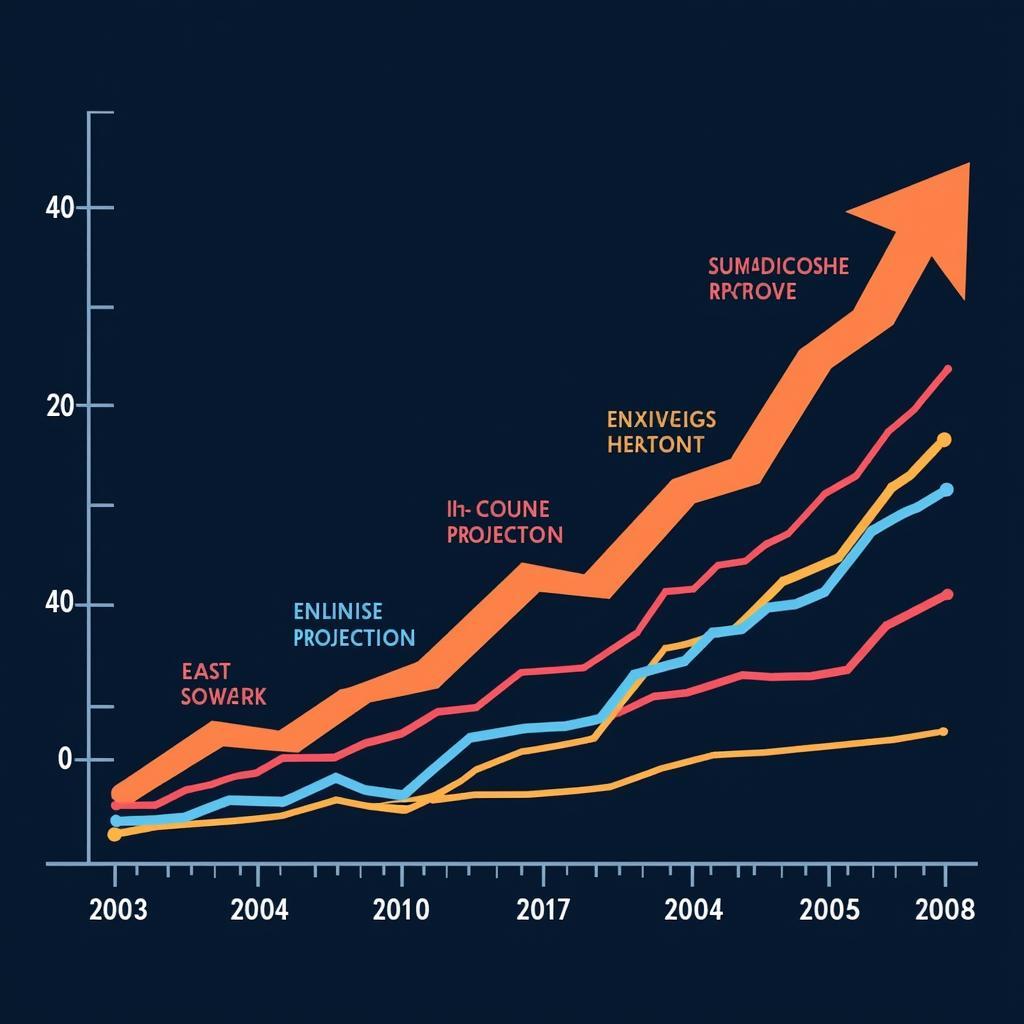African Americans Nursing Education Requirements
African Americans pursuing a career in nursing face the same nursing education requirements as anyone else in the United States, but their journey often involves unique considerations and historical context. Understanding these requirements, along with available support systems, is key to successfully navigating the path to becoming a registered nurse (RN) or a licensed practical nurse (LPN).
Navigating the Path to a Nursing Career: African Americans in Nursing
There are two main paths to becoming a nurse: earning an Associate Degree in Nursing (ADN) or a Bachelor of Science in Nursing (BSN). Both pathways require passing the NCLEX-RN exam to become a registered nurse. For those interested in becoming a Licensed Practical Nurse (LPN), a practical nursing diploma program, typically lasting one year, is required, followed by the NCLEX-PN exam.
ADN vs. BSN: Which Path is Right for You?
An ADN program usually takes two years to complete and is offered at community colleges and vocational schools. This option is often more affordable and allows for quicker entry into the workforce. A BSN program, on the other hand, generally takes four years and is offered at universities and colleges. While a BSN requires a larger investment of time and money, it provides a broader education, including leadership and research components, and can lead to more career advancement opportunities. For African American students considering long-term career goals, a BSN can be a valuable asset.
 African American nursing students studying together, preparing for exams.
African American nursing students studying together, preparing for exams.
Financial Aid and Scholarships for African American Nursing Students
Financing nursing education is a significant concern for many students. Fortunately, numerous financial aid options and scholarships are available specifically for African American students pursuing nursing careers. Organizations like the National Black Nurses Association (NBNA) and the National Association of Colored Graduate Nurses (NACGN) offer scholarships and mentorship programs. Exploring these resources can significantly reduce the financial burden of education.
Overcoming Historical Barriers and Embracing the Future
Historically, African Americans faced significant barriers to entering the nursing profession. Despite these challenges, many persevered and made significant contributions to the field. Understanding this history is important for current and future generations of African American nurses.
Mentorship and Support Networks for Success
Mentorship plays a crucial role in navigating the challenges and opportunities within the nursing profession. Connecting with experienced African American nurses can provide valuable insights, guidance, and support throughout the educational journey and beyond. Organizations like the NBNA offer mentorship programs that connect aspiring nurses with seasoned professionals.
 An experienced African American nurse mentoring a nursing student, providing guidance and support.
An experienced African American nurse mentoring a nursing student, providing guidance and support.
The Importance of Representation in Nursing
Increased representation of African Americans within the nursing workforce leads to better patient care, particularly for diverse populations. Culturally competent care, rooted in understanding and respecting the unique needs of patients from various backgrounds, is essential for positive health outcomes.
Beyond the Classroom: Licensure and Career Advancement
After completing the required education and passing the NCLEX exam, the journey continues with licensure and career advancement opportunities. Continuing education and specialization are important steps for professional growth.
Continuing Education and Specialization for African American Nurses
Continuing education courses and certifications allow nurses to stay updated on the latest medical advancements and specialize in areas of interest. This continuous learning is vital for career advancement and provides opportunities to make even greater contributions to the healthcare field.
 An African American nurse working in a hospital setting, providing compassionate patient care.
An African American nurse working in a hospital setting, providing compassionate patient care.
Conclusion
Becoming a nurse is a rewarding journey that requires dedication and perseverance. Understanding the African Americans Nursing Education Requirements, along with the available resources and support networks, is essential for success. By embracing these opportunities, aspiring African American nurses can make significant contributions to the healthcare field and continue the legacy of excellence within the profession.
FAQ
- What are the basic African Americans nursing education requirements? The requirements are the same for everyone: either an ADN or BSN degree followed by the NCLEX-RN exam.
- Are there scholarships specifically for African American nursing students? Yes, various organizations offer scholarships to support African American students in pursuing nursing careers.
- How can I find a mentor in the nursing field? Organizations like the NBNA offer mentorship programs connecting aspiring nurses with experienced professionals.
- What is the importance of representation in nursing? Increased representation leads to better culturally competent care for diverse patient populations.
- What are the career advancement opportunities for nurses? Continuing education, specialization, and leadership roles are common pathways for advancement.
- How long does it take to become an RN? It typically takes 2-4 years depending on whether you pursue an ADN or BSN.
- What is the NCLEX-RN exam? It’s a nationwide examination for the licensing of registered nurses in the United States.
Need Support? Contact us 24/7: Phone: +255768904061, Email: [email protected], Address: Mbarali DC Mawindi, Kangaga, Tanzania.

